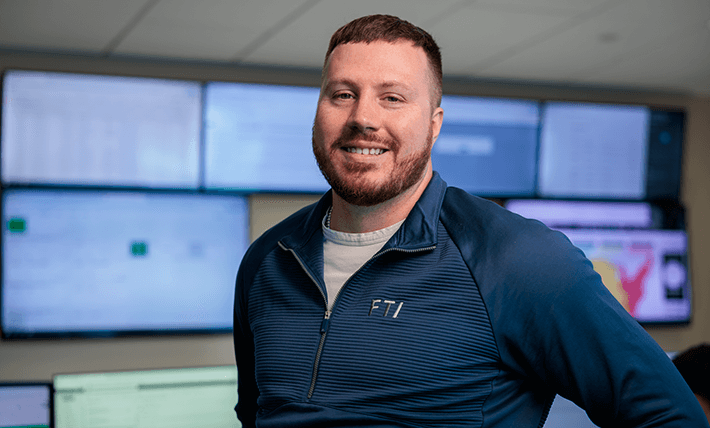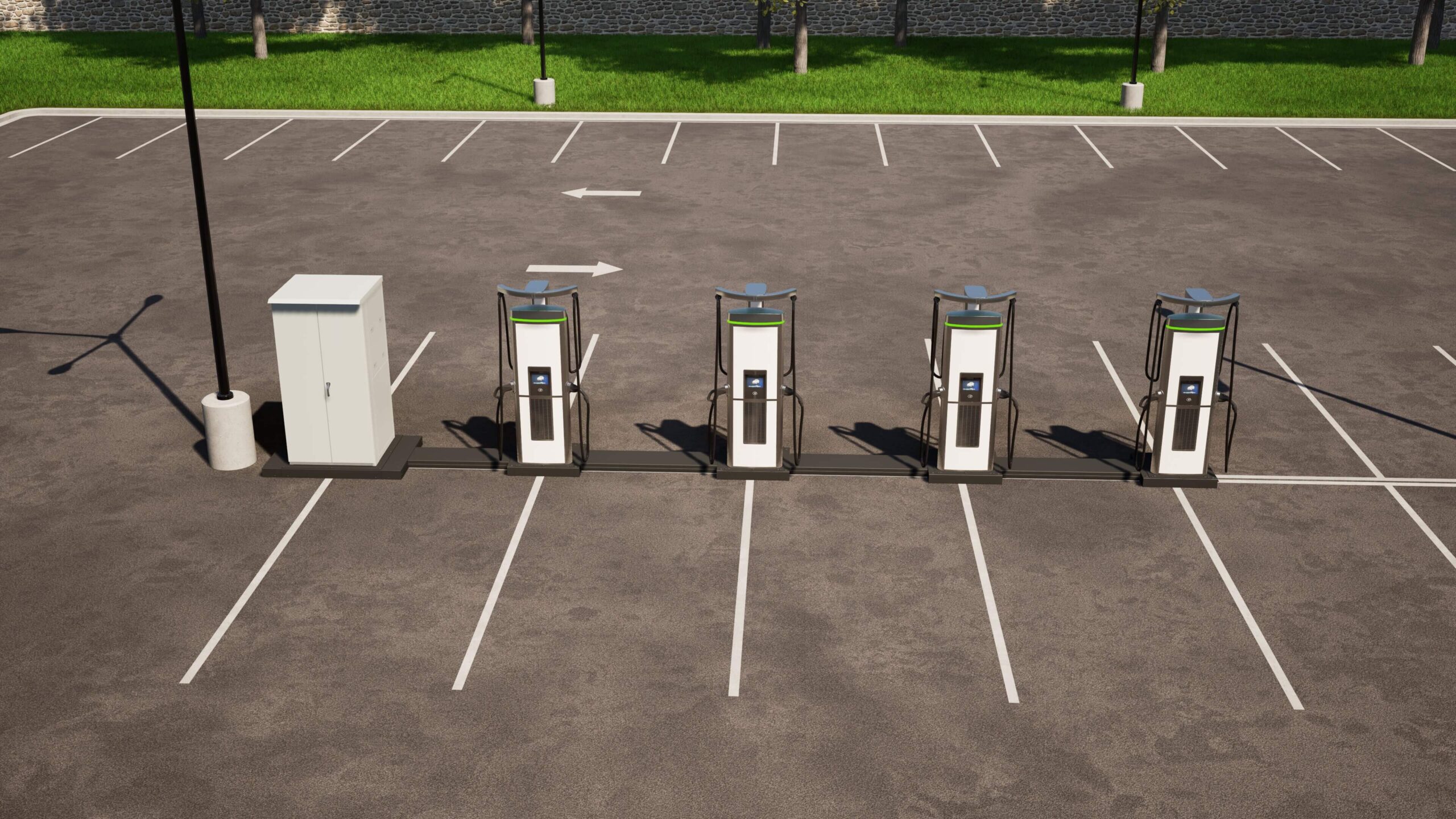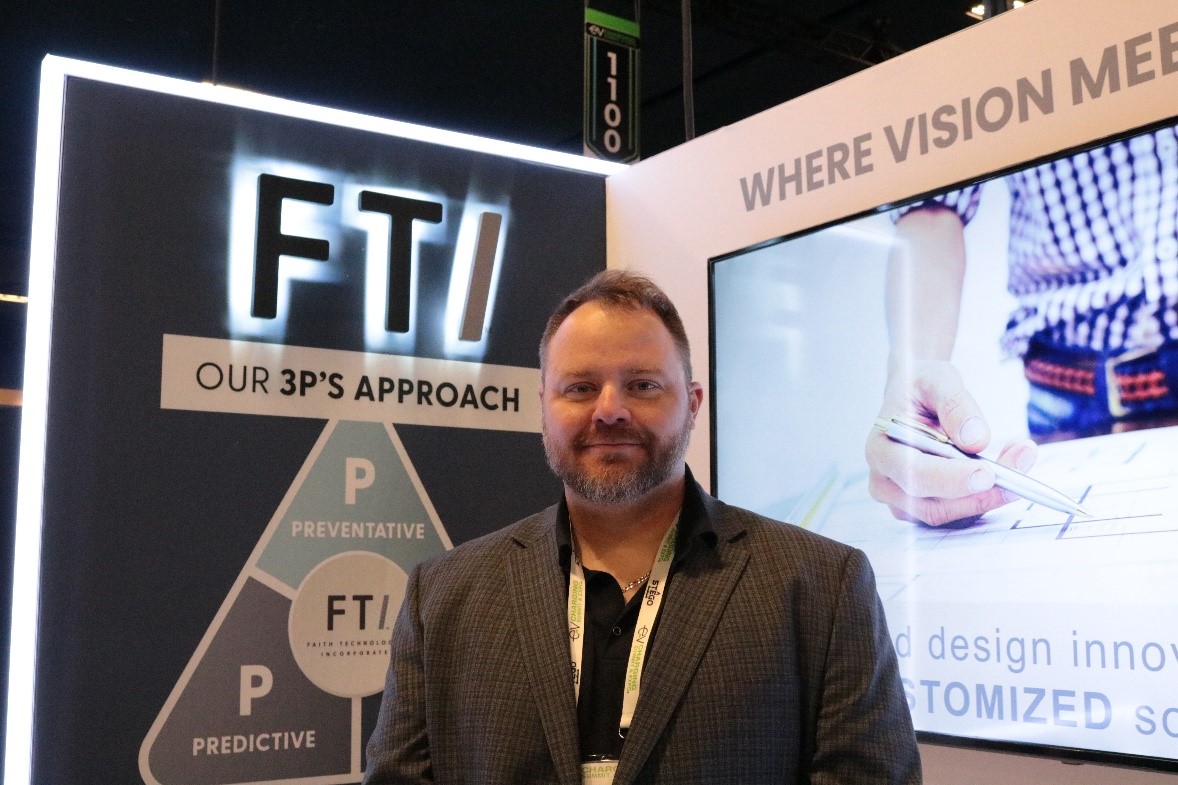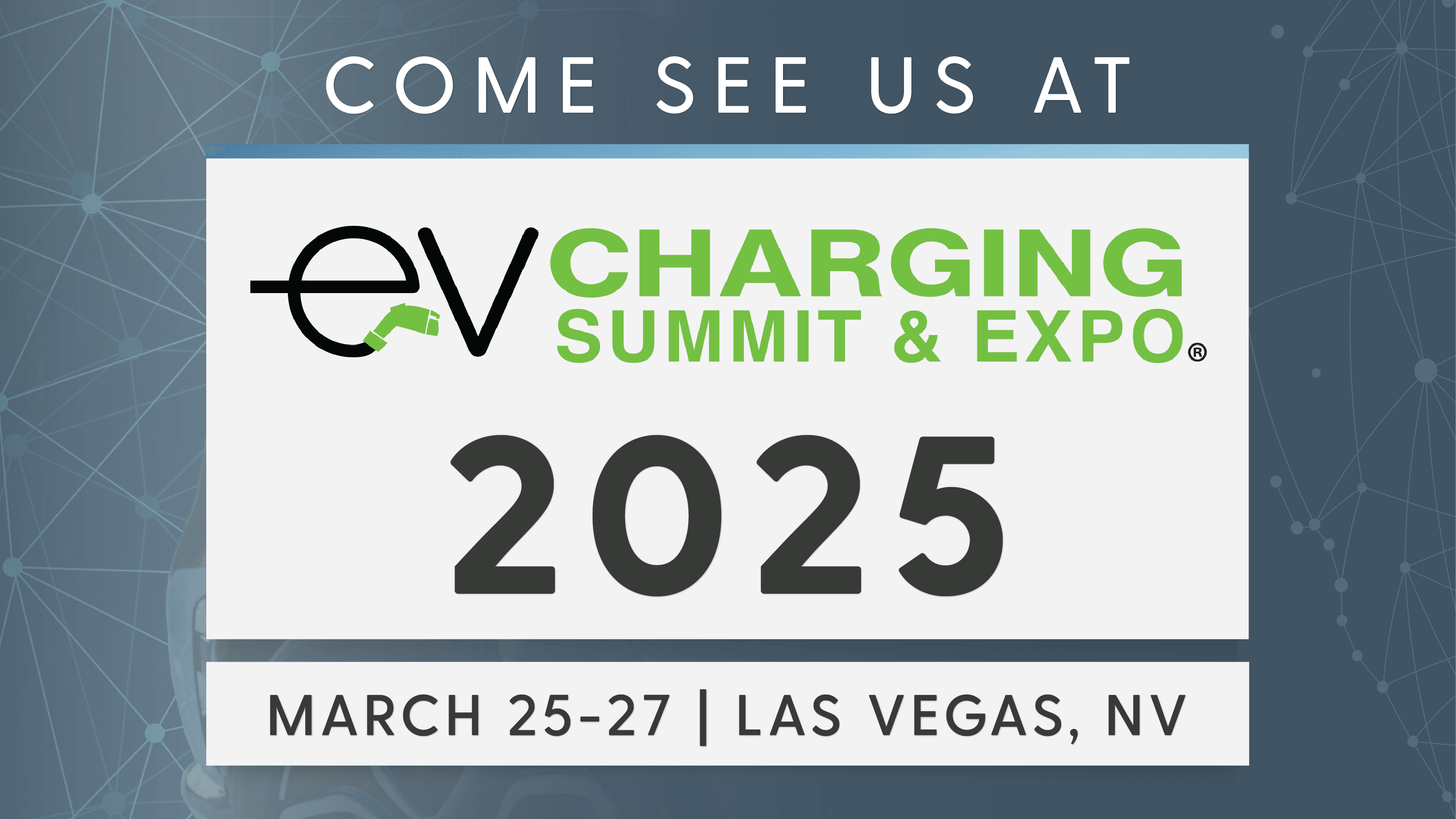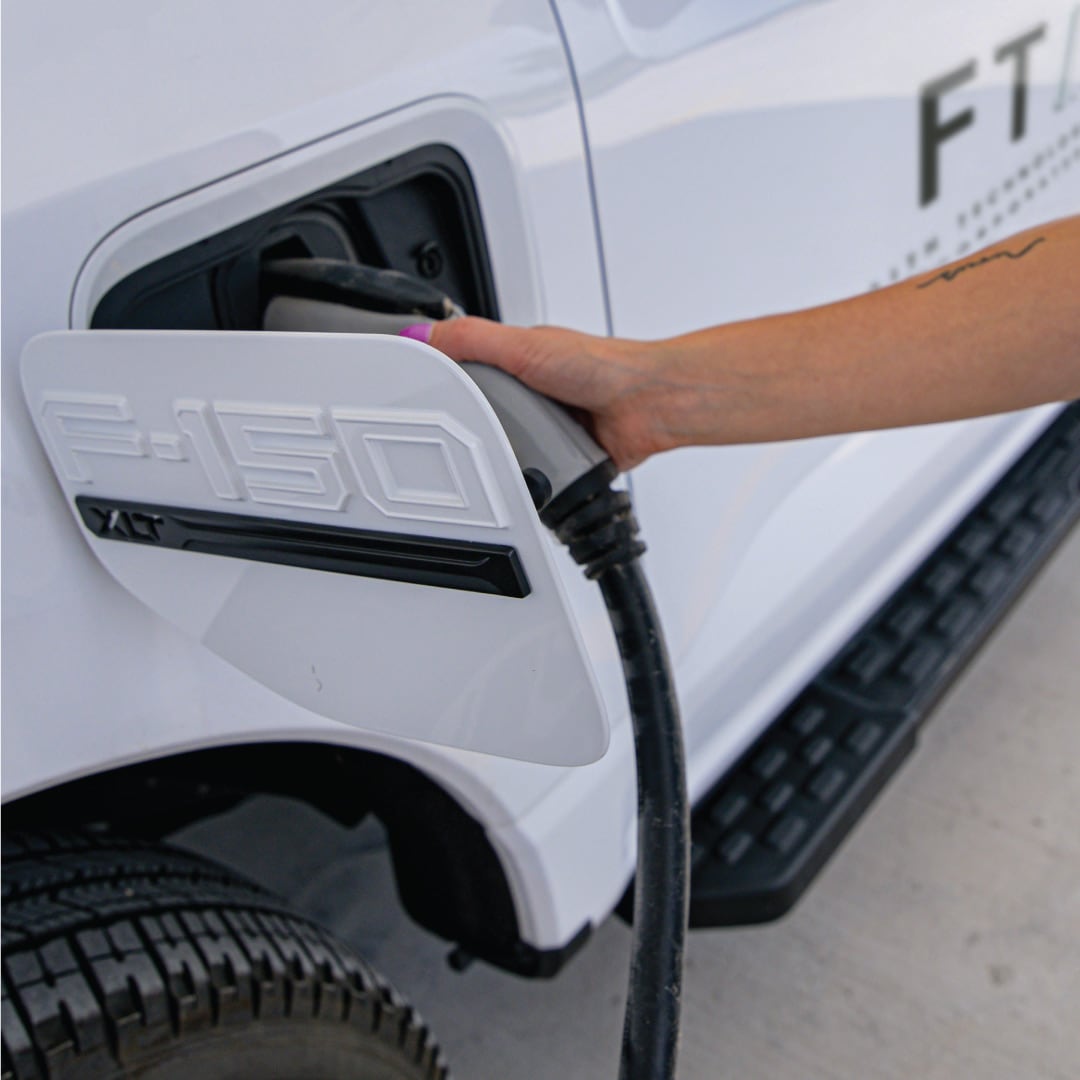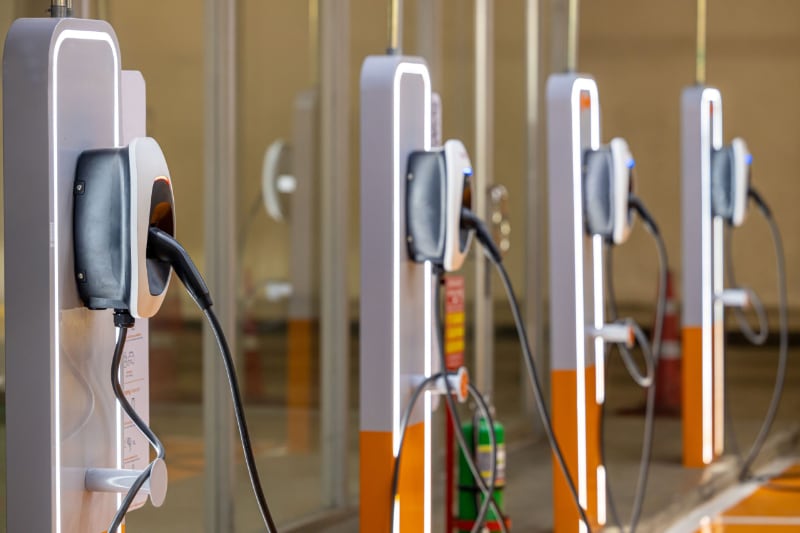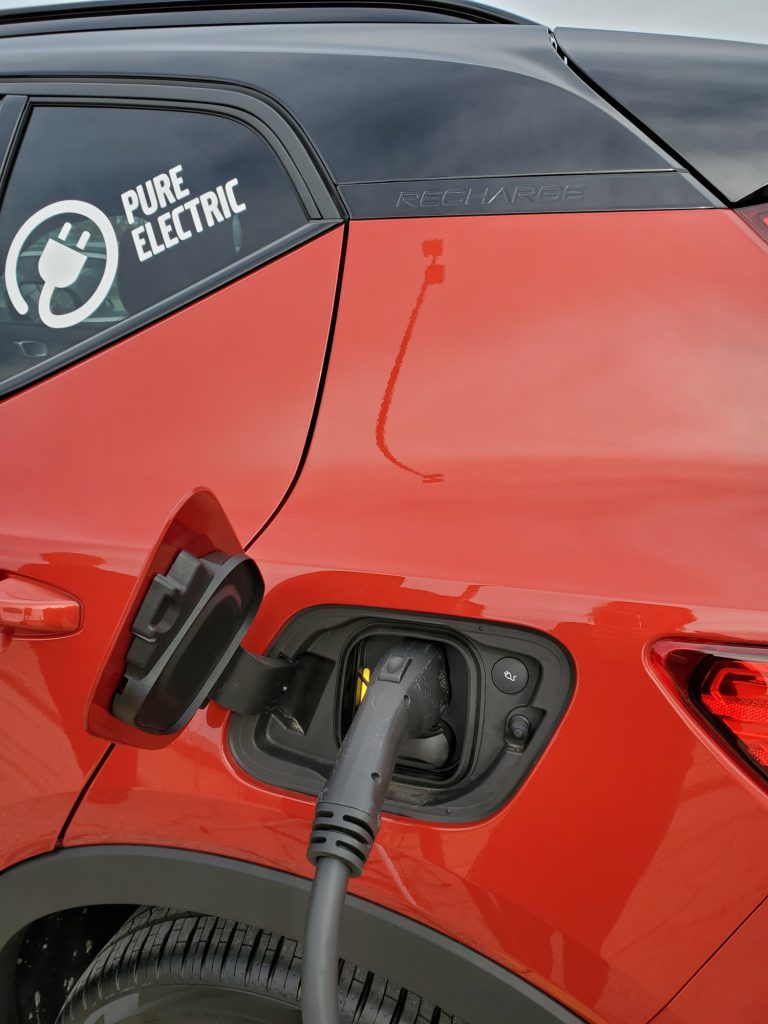
Currently in the US, there are 1.9 million electric vehicles (EVs) on the road, with around 140,000 publicly accessible charging stations available. The number of registered EVs is expected to reach a whopping 28.3 million by 2030, taking up a 40% share of the automotive market. This hefty transition faces a massive hurdle, however; the US will need over 2 million chargers to support these vehicles, with significant efforts needed to deploy charging in rural and underserved areas, which have historically been overlooked in the transition to clean energy and transportation.
Infrastructure Investment and Jobs Act (IIJA) and its impact on EV infrastructure
To combat the lack of charging infrastructure, the Biden Administration has dedicated $5 billion through the Infrastructure Investment and Jobs Act (IIJA) to install an additional 500,000 government-funded public charging stations by 2030. The National Electric Vehicle Infrastructure Program, or NEVI, will help create an interconnected network of DC fast chargers (DCFC) along the National Highway Systems. NEVI-funded charging stations will promote equitable access to chargers and will make great strides toward reaching the federal goal of net zero emissions by 2050.
You may be wondering how you can take advantage of the NEVI Program to maximize funding for your charging project. Here are answers to some common questions you may have:
What are the NEVI Program eligibility requirements?
Because funding for this program is distributed to each state individually, eligibility may vary depending on your location. At a minimum, the Federal Highway Administration (FHWA) requires each site to have a minimum of 4 DCFC ports with a charging capability of at least 150 kW each. You can use this link to view your state’s standards.
Where do the chargers need to be installed?
Chargers must be installed every 50 miles along federally designated Alternative-Fuel Corridors (AFCs), and within one mile of a highway intersection or exit. Chargers located along AFCs must be publicly accessible 24 hours a day, 7 days a week. Some states may allow the installation of chargers along non-AFC roadways. These chargers must be accessible during regular business hours.
How much funding can I receive, and is there a match requirement?
NEVI-eligible projects may receive funding up to 80% of eligible project costs. Applicants will have to provide a 20% non-federal match to receive an award. A non-federal match can include private and state funds. Applicants may apply for other federal funding so long as the total federal cost share does not exceed 80%.
What costs are eligible?
Costs related to the acquisition, installation and network connection of charging stations, including “make-ready” work, are eligible under NEVI. This can also include upgrades to existing chargers to meet NEVI requirements. Other eligible costs can include operation and maintenance, planning and development, and even on-site distributed energy resources.
When is NEVI funding available?
Timing of when NEVI funds are open for applicants varies greatly by each state. Some programs have already opened, and some may not be opening until late 2023. Typical grant programs are open 6-8 weeks after Request for Proposals (RFPs) are officially open, so it is important to ensure you are ready to apply when that time comes. Many states offer the ability to subscribe to updates regarding the rollout of RFPs, so check in with your state’s NEVI administrator.
How will projects be scored?
Projects will be scored based on how well they comply with the standard NEVI criteria. Each state may have additional eligibility guidelines, but important factors that could affect your score could include if the location closes an AFC gap, the number and types of amenities located near the site, if the chargers are in a disadvantaged community, or if your business is considered a Disadvantaged Business Enterprise (includes small, minority, and women-owned businesses). Though these items may not be required, they can make your project more competitive.
Are there any labor or licensing requirements I need to consider?
All electricians, except for apprentices, working on a NEVI-funded site must have Electric Vehicle Infrastructure Training Program (EVITP) certification. Davis Bacon Federal wage rate requirements also apply to any project funded with a NEVI award.
With $5 billion dollars being invested over the next 5 years, the NEVI Program is one of the largest federal investments in the transition to electricity-based clean transportation in the U.S. If your business is considering an EV charging project, FTI can help you stay up to date on your state’s NEVI plan and timeline so you don’t miss out on this historic funding opportunity; contact us today.



